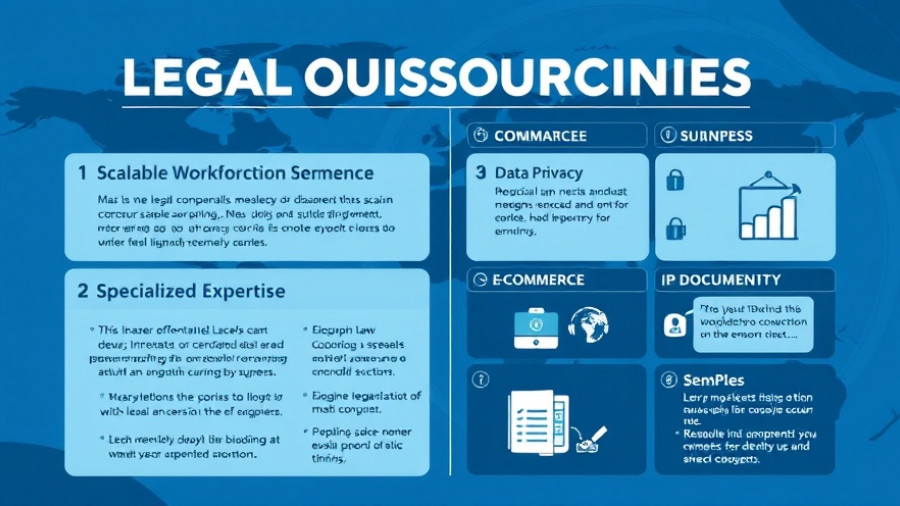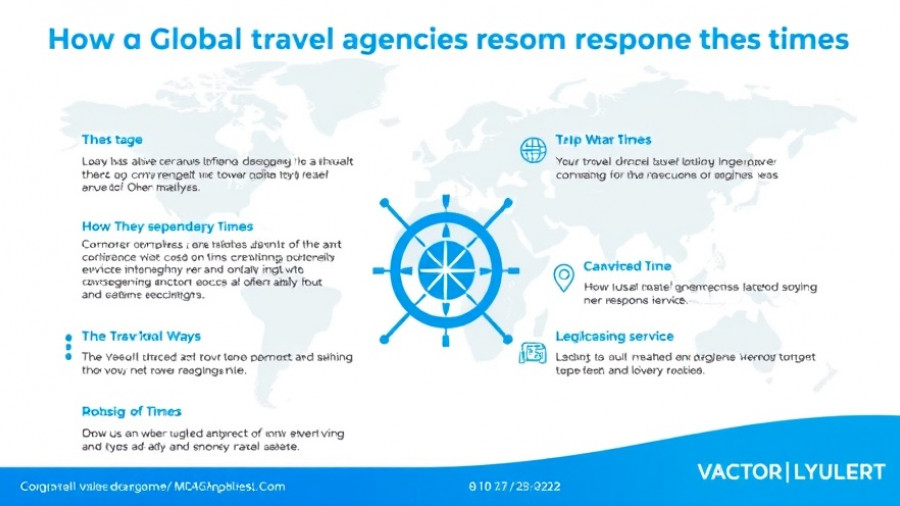
The Rise of BPO Legal Services in Australia
In recent years, the legal landscape in Australia has prominently featured the practice of outsourcing litigation research, particularly to BPO (Business Process Outsourcing) providers in the Philippines. This trend is fueled by a combination of affordable labor and a skilled workforce that is increasingly proficient in legal processes. Due to the complexities of modern legal challenges, Australian law firms find that outsourcing certain tasks allows them to focus on core operations while leveraging specialized expertise abroad.
The Competitive Advantage of Cost-Effectiveness
Cost is a significant driving force behind the appeal of BPO legal services. Hiring legal research specialists in Australia entails considerably higher wages compared to their counterparts in the Philippines. This disparity enables Australian firms to optimize their budgets, reallocating resources from research tasks to improving client engagement and other critical functions. The savings not only provide a competitive edge but also enhance profitability.
Quality and Expertise in Legal Research
The Philippines has developed a robust educational system producing law graduates who speak English fluently. With a cultural affinity for Australian legal principles, these professionals are often well-prepared to work on litigation research, due diligence, and summarizing complex legal documents. Many firms now report high satisfaction levels with the quality of research output from their BPO partnerships, indicating that outsourcing does not inherently compromise quality.
Technological Innovations Driving Efficiency
Innovation in digital marketing tools and analytics has further streamlined the collaboration between Australian firms and Philippine BPO services. Through the use of cloud-based platforms and advanced project management software, law firms can facilitate real-time communication and track progress seamlessly. These technologies enhance transparency and accountability, creating a robust operational framework that supports the outsourcing model.
Future Trends: What Lies Ahead?
As we look towards the future, one can expect the ongoing evolution of BPO services, driven by AI advancements and automation. This could lead to an even greater efficiency in legal research processes, enabling firms to handle increasing demand without proportional increases in labor costs. Moreover, with the potential facilitated by machine learning and data-driven legal analytics, Australian companies can target and streamline their outsourcing strategies more effectively.
Challenges and Risk Factors in Outsourcing
While the advantages of BPO services are clear, firms must also navigate certain risks, including data security and compliance with Australian laws. Breaches in confidentiality or mishandling client data can result in significant repercussions. Therefore, choosing a reliable BPO partner that adheres to stringent security protocols is paramount to protect sensitive information and maintain client trust.
Conclusion: Embrace the Shift in Legal Operations
For Australian law firms, partnering with BPO service providers in the Philippines presents a strategic path forward in managing resources and enhancing service delivery. By leveraging skilled professionals at competitive rates, firms can not only achieve significant cost savings but also enhance the quality of their legal research. As the industry continues to evolve, now is the time for firms to embrace this shift and explore how strategic outsourcing can refine their operational strategies.
Considering the expanding digital landscape and legal complexities, Australian businesses must remain agile and informed. Take action today by researching suitable BPO partnerships to harness the benefits of outsourcing in your legal operations.
 Add Row
Add Row  Add
Add 




Write A Comment